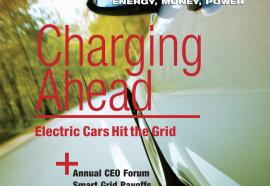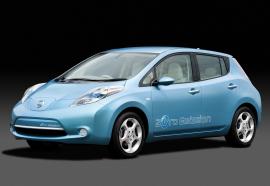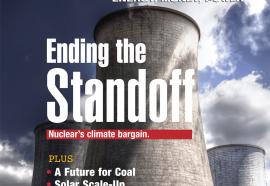Cap and Innovate
An alternative approach to climate regulation.
Low carbon prices might not produce sufficient incentives for firms to innovate and reduce emissions in the long run. But relatively high carbon prices can be politically unacceptable and invite consumer backlash. Where’s the right balance? A PUC chairman offers an alternative approach to managing GHG emissions.










